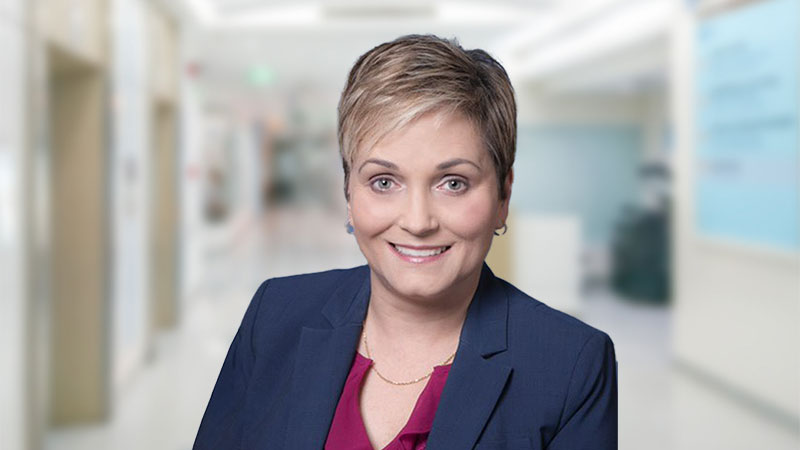
My stepfather was a veteran. One day he didn’t come home from work and we became concerned. We went to his place of work and found him crouching behind boxes. He was reliving that people were shooting at him. This is one dramatic face of PTSD – post-traumatic stress disorder.
Many people think of PTSD as something that triggers the crazy behavior you see in the news. In actuality, many people who suffer from PTSD are high functioning, have families and hold down professional jobs.

PTSD is a stress reaction that occurs after a person experiences or witnesses a traumatic event. Some common examples are injuries or stress experienced during military service, sexual assault, child abuse, domestic violence, racial trauma, car accidents, natural or manmade disasters, and terrorism such as mass shootings and bombings.
With time, most people eventually recover from trauma, but some develop the disorder and need treatment. People with untreated PTSD can have difficulty returning to their normal routine.
I treated a physician who had significant PTSD. On the surface, you would have never known he had any issues, but he suffered from classic symptoms: He was easily startled, he avoided doing things he used to enjoy and he became socially withdrawn and avoided people. He also had frequent nightmares and panic attacks. He eventually became unstable and tried to kill himself. These are symptoms people should pay attention to, for themselves and in loved ones, and seek treatment if you suspect there may be a problem.
Many patients are hesitant to talk to their doctors about mental health issues, but I tell patients, our brain is just like any other part of our body and sometimes it needs treatment. If you had symptoms with your heart, you wouldn’t ignore it. It’s the same with your brain. In fact, mental health issues are a much bigger problem than we realize. That’s because mental illness is the root cause for so many physical ailments.
This is just one of the many reasons why it is so important for patients to see their provider regularly and develop a relationship. Diagnosing PTSD can be difficult. Not only can it cause physical symptoms, including shortness of breath and heart palpitations, but also because it can mimic other ailments.
When you allow your provider to get to know you, they are better equipped to provide a timely, accurate diagnosis. You can help by openly sharing what you’re thinking and how you’re feeling. Together, you can optimize your physical and mental health.
With treatments such as medications, cognitive behavior therapy, counseling and group therapy, along with a good support system, most patients will recover well and lead a normal life. There is no reason to suffer; your health provider is there to help.
